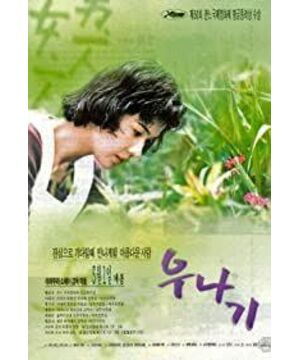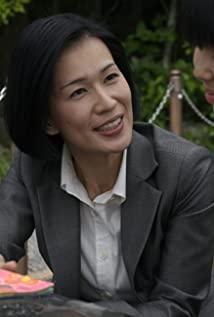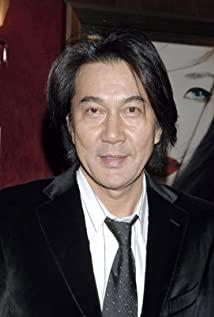After watching many Japanese movies, I found that the Japanese have a strong mentality of returning or escaping the world. They always yearn for a paradise-like life in Tianyuan, and have an inexplicable fear of machinery and cities. To put it further, it is the awe and fear of desire. Perhaps the Japanese desires are too strong and extreme, whether it is physical or psychological, so they set up such complicated etiquette and honorifics between people. These etiquettes are meant to suppress desire, to suppress that manic heart. Why fear? Why suppress? Because desire brings destruction. This should be the consensus of all Japanese. The disasters brought about by World War II are still vivid in our minds, and the geographical environment of constant natural disasters makes the Japanese feel in awe of everything. Evidence of this can be found in many movies. "Sensual World" and "Paradise Lost" are the destruction of love, "Battle Royale" is the destruction of hatred, and "Japan Sinks" is the destruction of nature. The apex of desire is the end of life. The remote town like a paradise is a paradise away from temptation and returning to nature. It is an ancient country in the Japanese imagination, a Japan that only exists in ideals. Of course, there is no abstinence here, but a balance of various desires. Not by law, not by morality, nor by violence, but by pure life, pure love, and pure faith. There is always a group of enthusiastic people with different temperaments waiting, there is always a wise man who has insight into the world, there is always a woman who is tolerant of the world, waiting for the arrival of that tired man, waiting to sort out the minds of the audience in the world, I I think it should be our martial arts world that corresponds to Chinese culture.
"The Eel" is a beautiful fable, but the chrysanthemum can never be a scabbard, and the seemingly tender story makes people feel that there is a dangerous undercurrent lurking. The extreme experiences of love, hate and hatred in Japanese film stories made me unconsciously associate "paranoia" with the Japanese nation, as if this word contained the driving force of this nation, and every Japanese gene contained it. this base pair. This restless country, this dangerous neighbor, is both respectable and fearful. Having said that, returning to this film, the country life created by the director is still desirable, especially for people living in steel forests. Let’s just trust the director for the time being. If you watch movies a little simpler and your life a little simpler, you may be a little more happier.
View more about The Eel reviews











